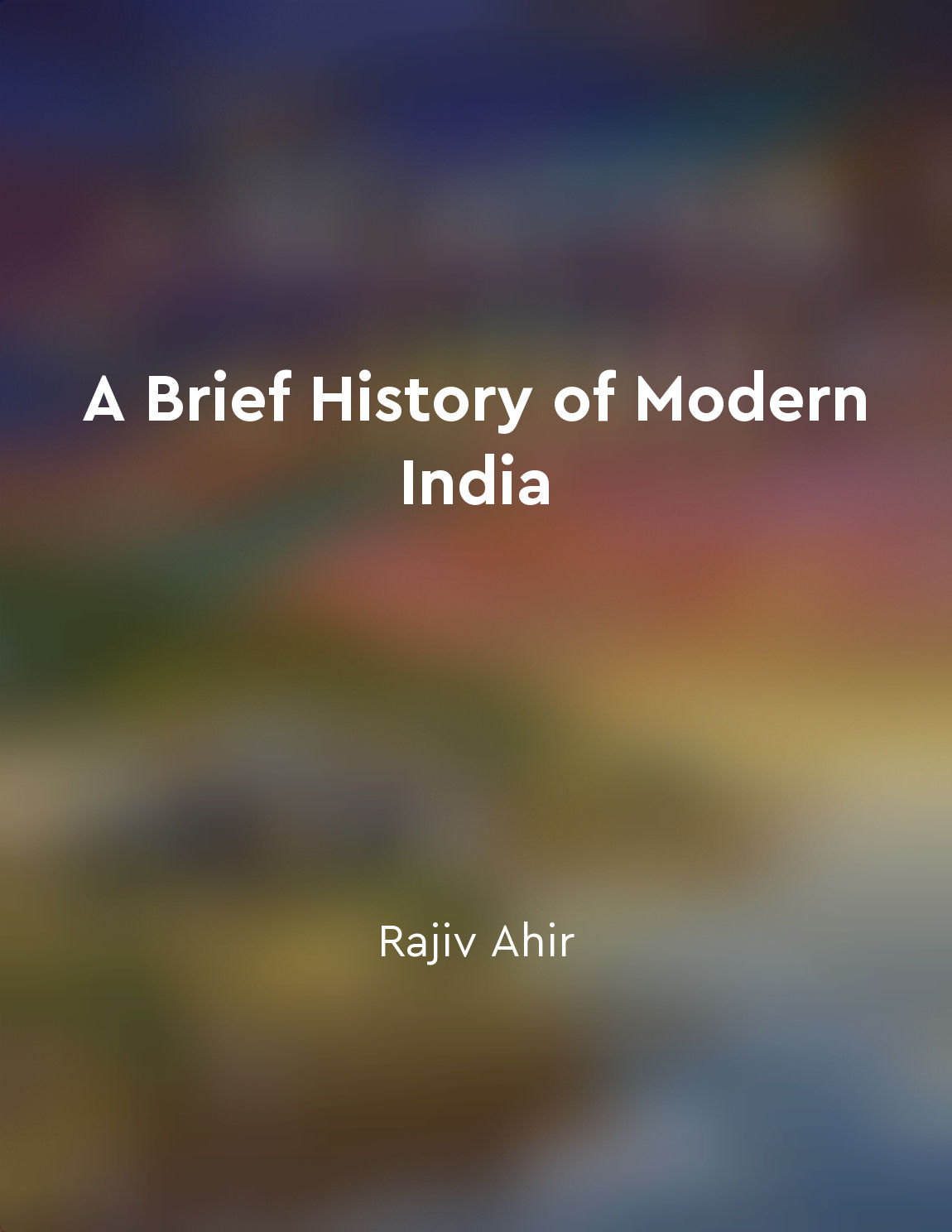Audio available in app
Famines and poverty from "summary" of The Anarchy by William Dalrymple
In the early 19th century, famine was a constant specter hanging over the Indian subcontinent. The British East India Company's policies, aimed at maximizing profits and reducing costs, exacerbated the already dire situation for many Indians. The Company's relentless pursuit of revenue often led to the exploitation of local farmers and the imposition of heavy taxes, pushing many into poverty and starvation. The Company's land revenue system, known as the Permanent Settlement, further entrenched inequality and poverty in the region. By fixing land taxes at exorbitant rates, the Company forced many farmers into debt and destitution, ultimately leading to widespread famine. The lack of government intervention and support only served to worsen the situation, as millions of Indians struggled to feed themselves and their families. As famine swept across the country, the Company's officials remained indifferent to the suffering of the Indian population. Instead...Similar Posts
The struggle for gender equality remains a key issue in South Asian societies
Gender equality in South Asian societies continues to be a pressing concern, with women often facing discrimination and margina...
Indian ocean trade routes were crucial for India's economy
The Indian Ocean trade routes played a pivotal role in shaping India's economy during ancient times. These routes were essentia...

Babri Masjid demolition and communal tensions
The demolition of the Babri Masjid in Ayodhya on December 6, 1992, was a pivotal event in Indian history. The mosque, which had...
Revenue extraction
The East India Company was not just a trading corporation; it was also a revenue-extracting machine. Its primary goal was to ge...
